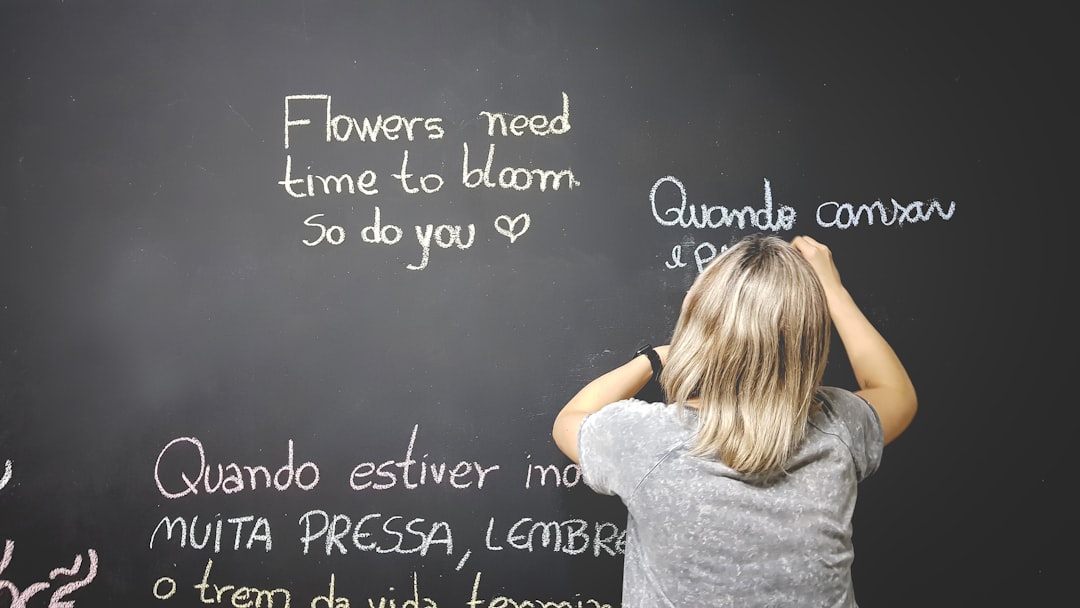What is it about?
Interaction strategies that help teachers maintain positive relationships with students are important accommodations for students with mental health disorders. Several specific and easy-to-implement strategies are shared.
Featured Image

Photo by Hermes Rivera on Unsplash
Why is it important?
To succeed in school, students with mental health challenges tend to need a steady diet of positive interactions with their teachers. Otherwise, they may become uncomfortable, uncooperative, or withdrawn and may not be able to access the curriculum, sustain effort, engage in tasks, or even attend school at all. student success shouldn’t depend on luck (e.g., the good fortune to be assigned to a teacher with a knack for meeting mental health needs), the entire faculty should learn some essential skills in this area. We all need to know how to interact positively and effectively with struggling students so they can feel safe and connected to their classrooms and schools. Effective interaction strategies — nonverbal and verbal ways of interacting and developing a relationship with a student, including tone of voice, proximity, use of humor, de-escalating responses to defiant behavior, and gentle ways of giving constructive feedback — are essential for these students’ success, and we need to prioritize them just as we do other essential accommodations, such as extra time on tests for a student with ADHD or access to a calculator for a student with a math disability.
Read the Original
This page is a summary of: Building positive relationships with students struggling with mental health, Phi Delta Kappan, February 2019, SAGE Publications,
DOI: 10.1177/0031721719834030.
You can read the full text:
Contributors
The following have contributed to this page










